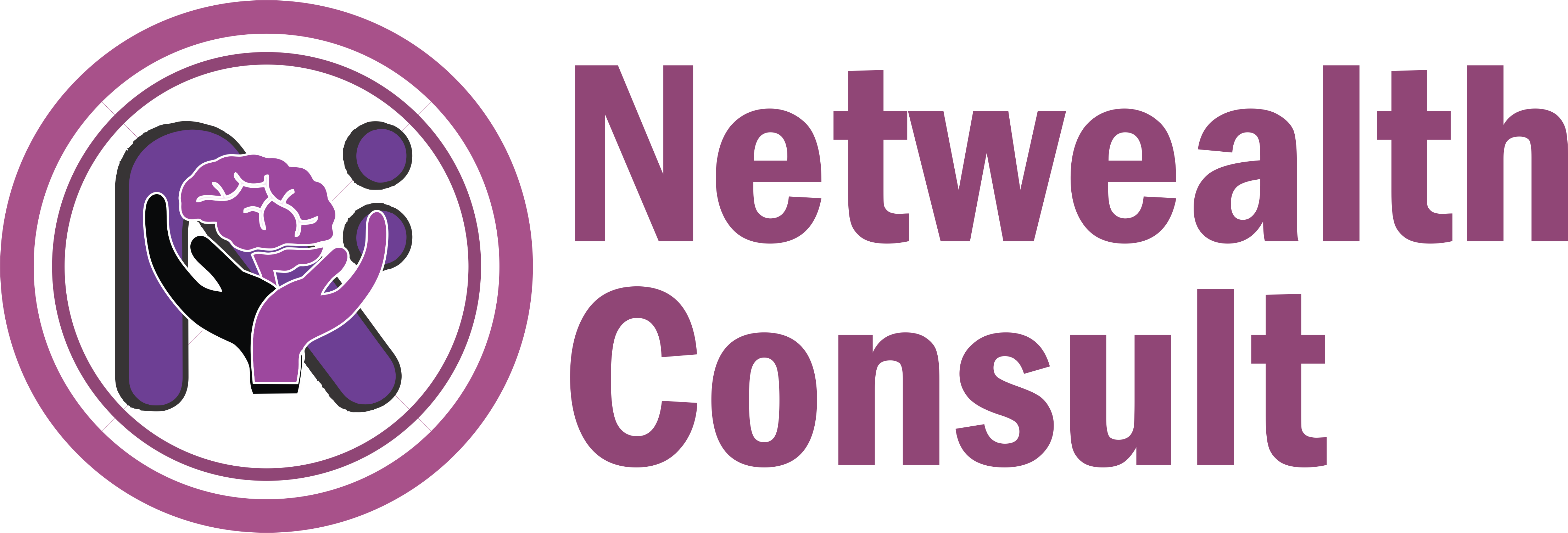
Ifeanyi had been sober for almost a year. He had gone through the difficult early days of withdrawal symptoms, committed himself to therapy, and rebuilt his relationships. Friends praised his strength, and his family called him an inspiration. But one quiet evening, after an exhausting day at work and a heated argument at home, he found himself standing in front of a liquor store. The cravings felt overwhelming, almost as if the progress over months had vanished in a matter of minutes.
Relapse didn’t come crashing down like a storm; it slipped in silently, triggered by hidden emotions and unresolved stress.
Stories like Ifeanyi’s are not uncommon. Recovery from substance use disorders and mental health challenges is a journey filled with both victories and vulnerabilities. While relapse is often seen as failure, psychology shows us that it is a stage of recovery that can be anticipated, understood, and managed. The key lies in recognizing the hidden triggers.
Understanding Relapse beyond “Willpower”
Relapse is not simply a matter of weak willpower. Neuroscience and psychology explain that addiction rewires the brain’s reward system, making it sensitive to environmental cues and emotional states long after detox. Recovery requires more than the avoidance of substances; it requires developing resilience to the triggers that awaken old patterns.
Triggers are often subtle, personal, and deeply psychological. They can be emotional states, places, or even unconscious thought patterns that reignite cravings. By learning to identify and manage these triggers, individuals gain greater control over their recovery journey.
The Hidden Triggers of Relapse
- Emotional Distress
Unresolved emotions like anger, sadness, guilt, or loneliness often drive relapse. For many, substances once served as a coping mechanism to dull emotional pain. Without healthier outlets, strong emotions can feel unbearable. - Stress and Fatigue
Chronic stress from work, finances, or personal relationships can overwhelm the brain’s ability to self-regulate. Fatigue lowers self-control, making old habits feel like an easy escape. - Social Pressure
Even after recovery, being around friends or environments associated with substance use can create powerful urges. A casual invitation “Just one drink” can trigger a cascade of relapse behavior. - Overconfidence
paradoxically, progress can become a trigger. When someone begins to feel “cured,” they may let go of coping strategies, skip therapy sessions, or expose themselves to risky situations. This false sense of security increases vulnerability. - Negative Self-Talk
Thoughts like “I’ll never be good enough” or “I’m bound to fail anyway” can sabotage recovery. Psychology calls this cognitive distortion a mental trap that fuels hopelessness and makes relapsing feel inevitable. - Unresolved Trauma
Past trauma often lies beneath substance use disorders. Without processing it through therapy, painful memories can resurface unexpectedly, pulling individuals back toward destructive coping mechanisms.
Strategies to Overcome Relapse Triggers
- Emotional Awareness and Regulation
Practicing mindfulness and emotional labeling (“I feel angry,” “I feel anxious”) reduces the intensity of emotions. Cognitive-behavioral therapy (CBT) helps individuals reframe destructive thoughts and replace them with healthier coping strategies. - Building Stress-Resilience Routines
Simple habits consistent sleep, exercise, journaling, and meditation build resilience against daily stress. A structured lifestyle provides balance and reduces impulsive behavior. - Establishing Boundaries
Avoiding high-risk situations and creating distance from people who enable old habits is essential. Recovery thrives in supportive environments where sobriety is respected. - Practicing Self-Compassion
Replacing harsh self-criticism with compassion reduces shame and hopelessness. Reminding oneself that relapse is part of the recovery cycle encourages learning rather than despair. - Developing Relapse-Response Plans
Preparation reduces panic. Having a written plan such as calling a trusted friend, attending a support meeting, or practicing grounding exercises provides immediate action steps when urges strike. - Therapeutic Support for Trauma
Addressing unresolved trauma through professional therapy creates long-term healing. Trauma-informed care ensures that past wounds no longer dictate present choices
Redefining Relapse as Part of Recover
Relapse is not the opposite of recovery it is part of the process. Each setback provides valuable insight into hidden vulnerabilities, highlighting areas where growth is still needed. Rather than viewing relapse as failure, it can be reframed as feedback.
In psychology, this perspective shifts recovery from a rigid line to a flexible cycle of progress, reflection, and renewed strength. When people learn to identify their hidden triggers and develop strategies to overcome them, they move from surviving relapse to mastering resilience.
Ifeanyi eventually sought help again not from a place of shame, but from determination. He realized that his relapse wasn’t the end of his journey but a reminder of the work still ahead. With new coping strategies, healthier boundaries, and renewed support, he continued on the path of healing.
Recovery is not about never falling it’s about learning how to rise stronger after each fall. The chains of addiction may be heavy, but with awareness, support, and resilience, they can be broken.
If you want to speak to a therapist you can call these numbers
08036770092 or 08034753131
